The fall is rapidly approaching here in upstate New York. I looked out at the trees this morning and saw touches of bright paint through the steam of my coffee. I was up early, the cat having decided to wake me, so from 4AM on I was able to write a fair amount of a paper on 20th century Yugoslavian unification. I am almost finished. I am also finished with many of the images from those travels, especially the Roma pieces–they are relegated to the past…but did I already blog that news?
I have purchased a used Contax G2. It is an automatic rangefinder form the mid-1990s and has been given good marks. For me it is almost too complicated without being a digital. The focusing is awkward, I think, but we shall see…The plus side is that it comes with a Carl Zeiss 28mm lens. Very nice. It’s all about the glass. I’ll shoot on automatic exposure for a while and try it out.
Once this paper is finished, I can really get down and finish the darkroom work. I have to go through negatives and contact sheets and find 24 images that support a consistent vision and then print them all on paper. Damn…the phone just rang and now I have lost my train of thought after a short conversation…Oh, yes…FA-1027.
I ordered some new chemistry from Fine Arts Supply in Montana. It is a concentrate called FA-1027 and supposedly takes care of all the problems associated with Ilford film and Ilford liquid developers, i.e. foggy negatives and so forth. When will it arrive? I don’t know but it has been 2 weeks since I ordered it and it is still not here…
More will be revealed.
JDCM

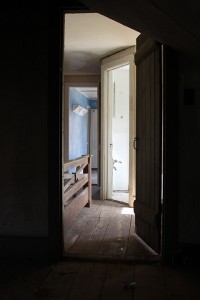 an expression of sadness and light, whimsy and decay…In some cases the crumbling towers of old feed silos echo the mountain fortresses I have seen in my European travels, like ancient Byzantine strongholds plundered by warring tribes. In others, like the image above, it is a memory of a previous rural life fast disappearing in the small New York county I live in. In both cases the past is a reminder of the lack of permanence. Time stands still for no one, even in the sensory deprivation tank of a darkroom.
an expression of sadness and light, whimsy and decay…In some cases the crumbling towers of old feed silos echo the mountain fortresses I have seen in my European travels, like ancient Byzantine strongholds plundered by warring tribes. In others, like the image above, it is a memory of a previous rural life fast disappearing in the small New York county I live in. In both cases the past is a reminder of the lack of permanence. Time stands still for no one, even in the sensory deprivation tank of a darkroom.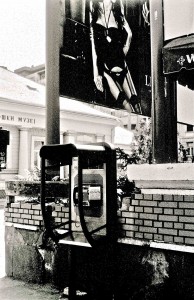
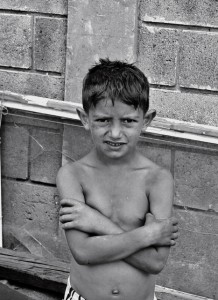

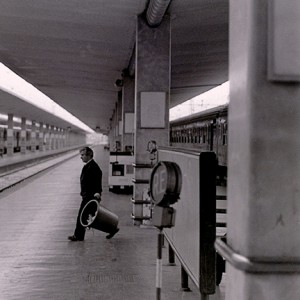
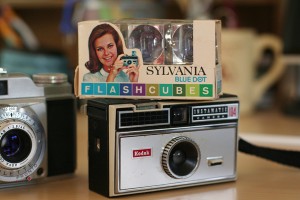 I had the good fortune to grow up in a very artistic family, surrounded by art and literature.
I had the good fortune to grow up in a very artistic family, surrounded by art and literature.